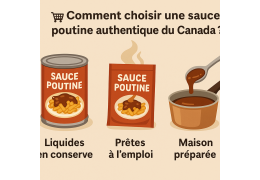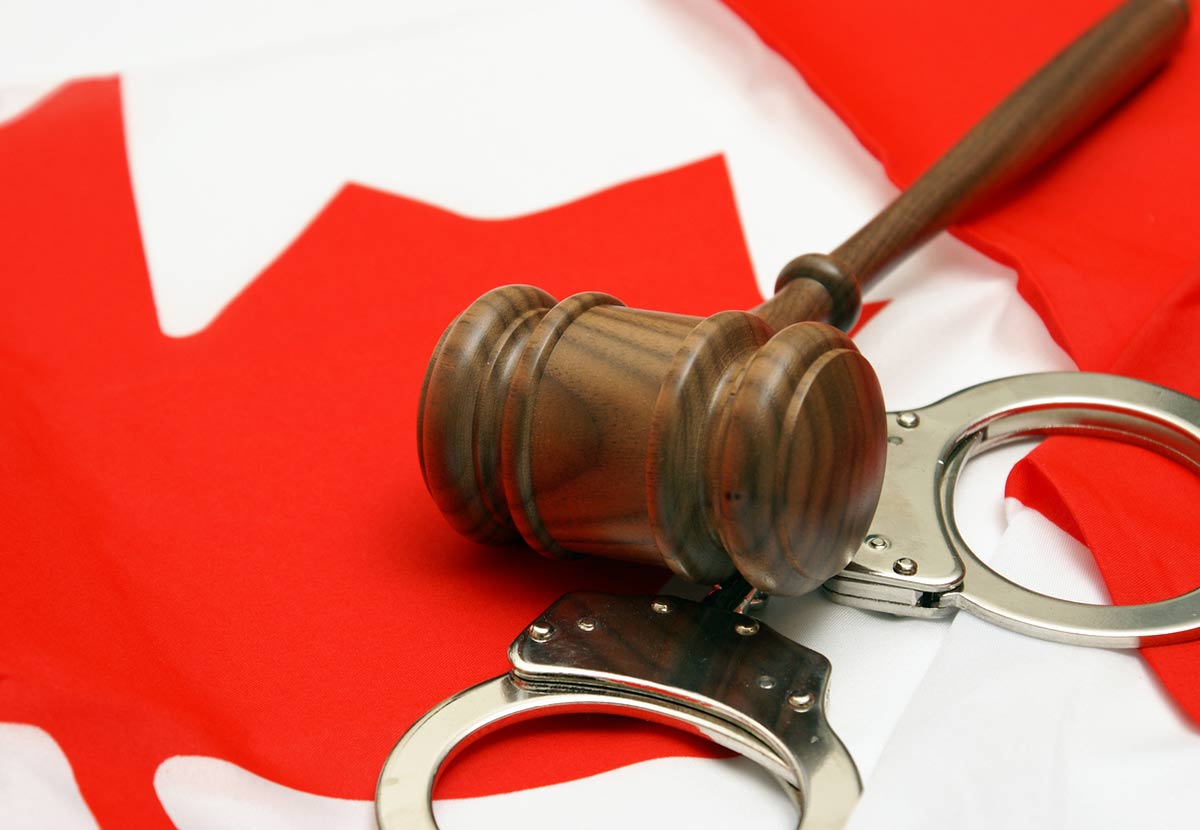Amber maple syrup is increasingly appealing to lovers of fine cuisine and sweet treats. Its warm color, captivating...
Search in blog
Blog categories
Popular posts





Latest posts

Cranberries might not be the first food you think of for sports nutrition. Yet, this small, tart red fruit hides...

Much more than just a trend, the smoothie is a true concentrate of well-being. Looking for a healthy, energizing,...

Poutine, Canada's iconic dish, is a true source of pride for Quebecers. But to enjoy a poutine worthy of the name,...

The Adirondack chair is a timeless icon of outdoor furniture. If you're looking to combine comfort, aesthetics,...








Leave a comment
Log in to post comments